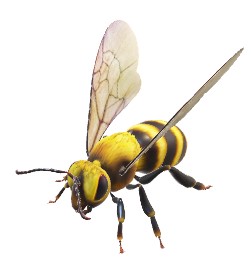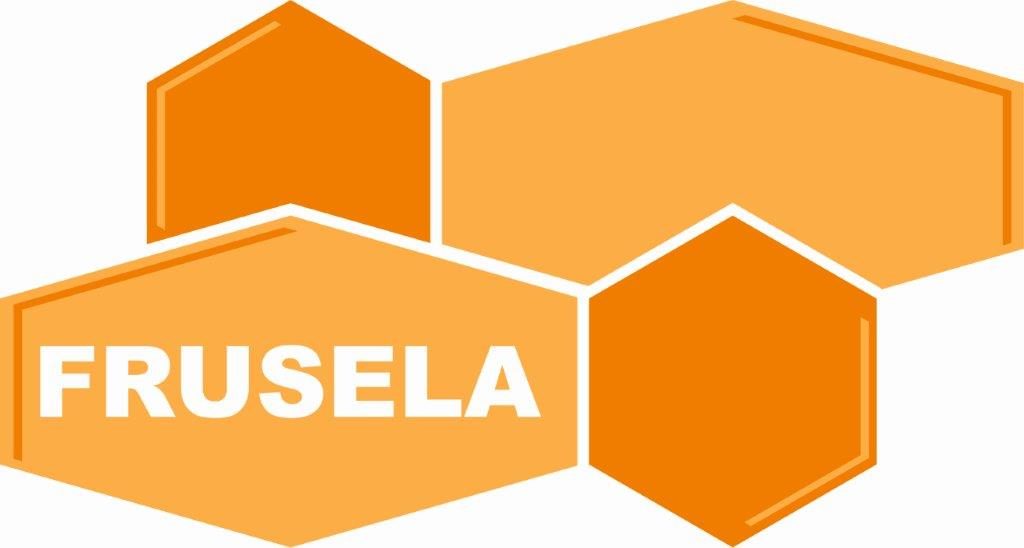
FURTHER FOR CURIOUS ONLY:
ALL THE TRUTH ABOUT CARBOHYDRATES – SUGARS

SO MARKED CARBOHYDRATES
ARE BEE-FRIENDLY
- Sucrose – sugar
- Glucose
- Fructose
- Maltose
- Maltotriose
- Polysaccharides
IT’S ALL CARBOHYDRATES
But what lies behind that name?
What’s really useful to bees?

CARBOHYDRATES
Carbohydrates are essential for living organisms, they are the most important source of food and energy.
Main functions of carbohydrates:
- provides energy to organisms;
- saves proteins and fats;
- is part of the organisms cells;
- supports the normal functioning of the gastrointestinal tract of the organisms.
The main sources of carbohydrates are:
- grains – wheat, corn;
- cultivated plants – sugar beet, sugar cane;
- vegetables – potatoes, carrots, beans;
- fruits – bananas, grapes, apples, pears …

MONOSACCHARIDES
Monosaccharides are the simplest carbohydrates.
Some monosaccharides have a sweet taste, such as fructose. Monosaccharides are usually colorless, water-soluble, and have crystalline structures.
The most common monosaccharides are:
- glucose (dextrose) – found in honey, fruits, blood;
- fructose – found in honey, fruits;
- galactose – found in mammalian milk;
- ribose – included in RNA (ribonucleic acid);
- deoxyribose – present in all plant and animal cells, included in DNA (deoxyribonucleic acid).

DISACCHARIDES
Disaccharides are carbohydrate molecules consisting of two molecules of monosaccharides (identical or different).
The most common disaccharides are:
- sucrose (sugar) – consists of one molecule of glucose and one molecule of fructose, usually produced from sugar beet, sugar cane;
- maltose – consists of two molecules of glucose;
- lactose (milk sugar) – a disaccharide composed of glucose and galactose found in milk.

POLYSACCHARIDES
Polysaccharides are complex carbohydrates or “high sugars” composed of large and very large molecules.
- Oligosaccharides with three carbon atoms are called trioses – maltotriose, used in beer production, decomposes easily. Polysaccharides containing four carbon atoms are called tetroses, five are pentoses, six are hexoses, etc., they are difficult to decompose or do not decompose.
Polysaccharides are beneficial to the human body, their decomposition takes a longer period of time, while providing energy for a longer period of time.
A completely different effect of polysaccharides in the case of bee feeding. Because the polysaccharide molecules are large or very large, therefore bee’s body, trying to break down the polysaccharide into a monosaccharide:
- does not absorb polysaccharides – bees are STARVING. This is especially dangerous during winter time;
- wears faster – the life of the bee shortens.
The most common polysaccharides:
- starch – rich in grains, potatoes, legumes;
- dietary fiber – cellulose (insoluble fiber); pectin, gums (soluble, thickens in water).

BEE FRIENDLY CARBOHYDRATES
- GLUCOSE (dextrose) – monosaccharide;
- FRUCTOSE – monosaccharide;
- SUCROSE – SUGAR – disaccharide;
- MALTOSE – disaccharide;
- MALTOTRIOSIS – trisaccharide (easily decomposes).
When you buy syrup for winter feeding, it is important to pay attention to the:
- carbohydrate content;
- dry matter content [d/m] of the syrup.
In general, the dry matter content of syrups for bee feeding ranges from 68% to 73%.

BITĖ-2 SYRUP ALL SUGARS INGREDIENTS ARE EASY TO ABSORB
BITĖ-2 SYRUP:
- easily digestible syrup;
- maximum utilization of nutrients;
- thanks to maintained proportions of the different sugars, the syrup does not crystallize;
- the bees are fully fed throughout all winter;
- convenient storage, packaging and preparation for use.
CONTACT US
ORDERS, COLLECTION, DELIVERY
BEE FEEDING KAUNAS
Delivery to customer
+370 685 24485
saulius@lavisa.lt
Sukilėlių pr. 20, LT-50157 Kaunas, Lithuania
Working hours:
8.00-17.00, I-IV
8.00-16.00, V
12.00-13.00, lunch break
BEE FEEDING KUPIŠKIS
Goods issue in Kupiškis
+370 650 31161
frusela@lavisa.lt
Gedimino g. 110, LT-40134 Kupiškis, Lithuania
Working hours:
8.00-17.00, I-IV
8.00-16.00, V
12.00-13.00, lunch break
COMPANY DETAILS:
Frusela, UAB
Company code: 302498823
VAT code: LT100005321214
Address: Gedimino g. 110, LT-40134 Kupiškis, Lietuva
Bank: AB SEB Vilniaus bankas
Bank code: 70440
SWIFT: CBVILT2X
Account No.: LT607044060007486448
